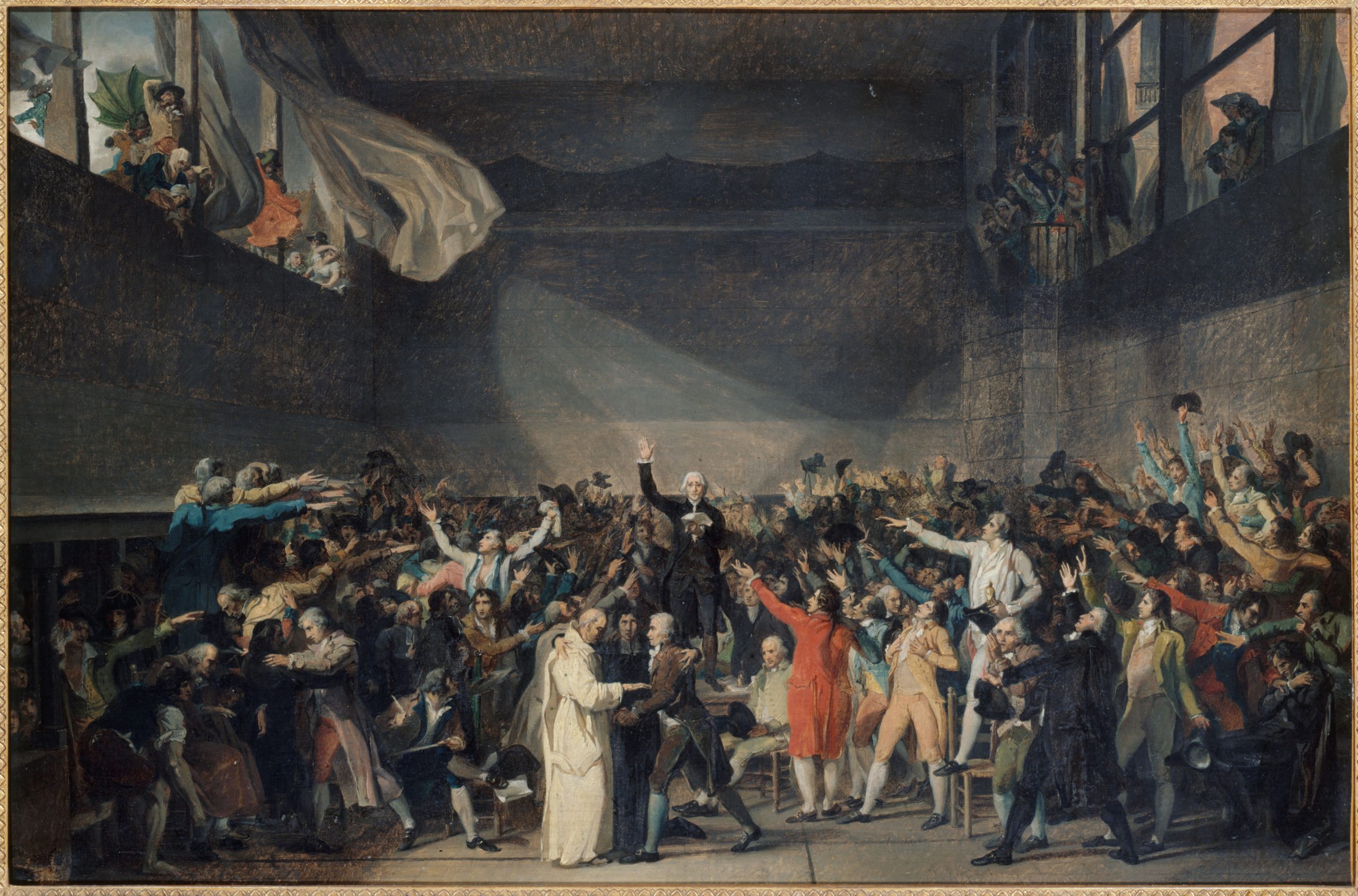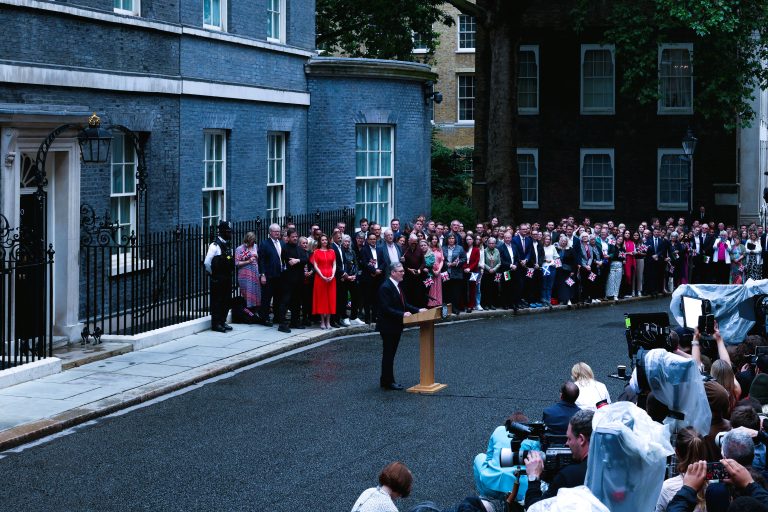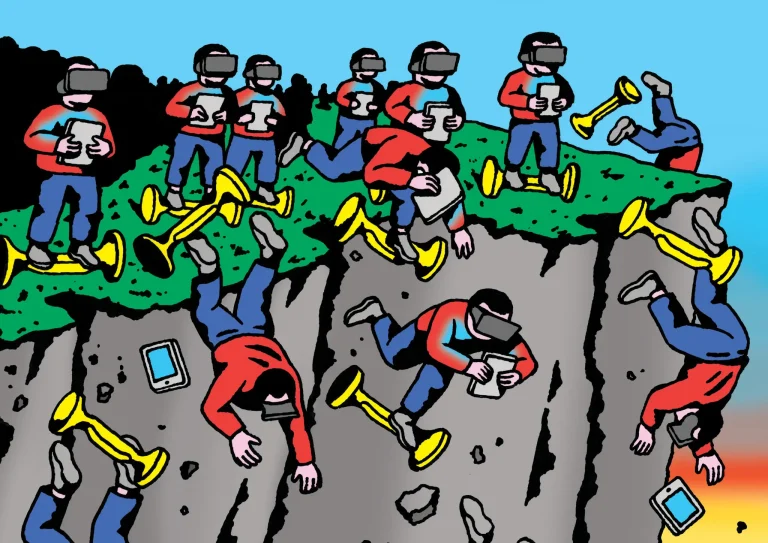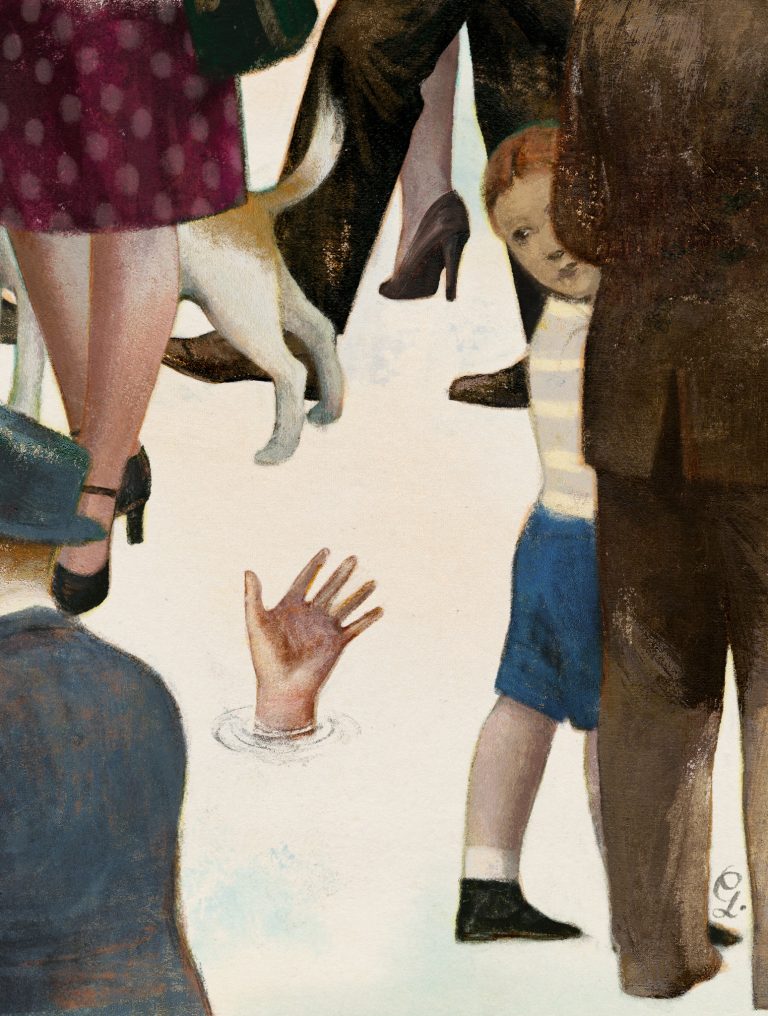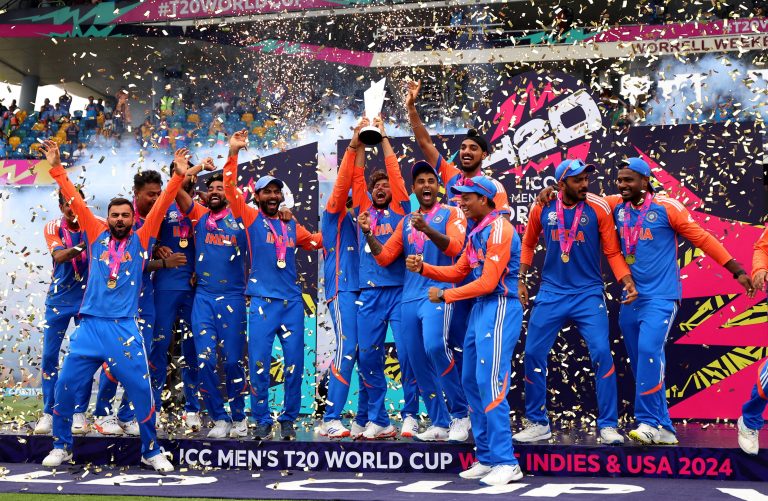Liberalism in its current construct is facing seismic backlash from the global plebiscite.
A plethora of reasons are being put forth pertaining to the rise of populist and autocratic leaders: economic cataclysm after the 2008 financial crisis; mass immigration from conflict-ridden parts of the world; algorithm-driven social media amplifying malice; and generally—pessimism to just get by and ahead—both socially and economically.
Conversely, the global phenomenon is that of people conferring their emotive sentiments towards the evolution of the political consensus—of an academic and technocratic mechanism of the political process; thus, a general disconnection from the grassroots, resorting policy making and deliberation to theories from various academia and data from think tanks or analytic firms.
Though, are they able to comprehend the general zeitgeist?
The technocrats may reply as “as per data…” while the electorate has vociferously given their riposte.
In this decade, the body politic has responded vehemently against the norm of realpolitik—where decision-making is based on rationality, pragmatism and empiricism—with the absence of a commitment towards an ideological doctrine.
Not to say the least, rationality and pragmatism are imperative—and sacrosanct; nonetheless, not at the cost of sidelining the most and adhering to the vocal few.
Once again, one will succumb to the idea of the division of society on sectarian lines: rich vs. poor; educated vs. uneducated; majority ethnic vs. minority ethnic; male vs. female; urban vs. rural; young vs. old; modernism vs. traditionalism; capitalism vs. socialism; liberal vs. conservative; atheist vs. religious; globalist vs. nativist.
A good old riddance would be not gravitating ostensibly towards the confinement to these “labels”; colloquially speaking, tribalism.
It is needless to state once more that identity politics and division based on race, culture, and gender—which are detrimental to progress both economically and socially—vital is inclusiveness in the distribution of the intellect of mankind.
As usual, rabble rousers will dilly dally with a litany of inconclusive reasonings behind the change in the decision of the electorate; in most cases, pundits are confined with the same sliver of information as all the others, relegating in to pigeonholing certain groups in the society; in most cases, it is the ones in the periphery of the society—the marginalized.
Crucial to enlightening thyself is that demographic groups—such as male or female; white or black; rich or poor; young or old; and/or the educated—do not vote in a monolithic manner.
Balkanization of the society has exacerbated the degenerative state of the polity.
The backlash can be deemed as liberalism being “woke” or too far left; such is the reverberation amongst the many—ironically, without even the vernacular details, the livelihood of the many.
Yes, cultural stances of candidates and political parties matter; nevertheless, resistance against identity politics is just a meagre element leading the change in the political pendulum towards authoritarianism from the Washington Consensus—of a free market liberal democracy.
The resistance rather serves as a substratum to the institutionalization of the dependence on the masses, just for electoral relevance; afterwards, the focal usage of the seat of authority being to work for the few—”elite,” while performance is perceived as abysmal by the populace—resulting in an anti-incumbency wave around the world.
Hence, political thinkers in the field of liberalism, will have to recalibrate—fitting the needs of a world where there is a dwindling connection between the people and their representatives; conversely, the reality should be on the contrary.
An approach that inculcates liberalism in tandem with humanistic, pluralistic, inclusive, and pivotally equity being at the forefront. During a zeitgeist that can be encapsulated into ethnonationalism intertwined with economic protectionism and the highest levels of antipathy towards liberal democracy. As Mr. Churchill said, “Success is not final, failure is not fatal: it is the courage to continue that counts.”
